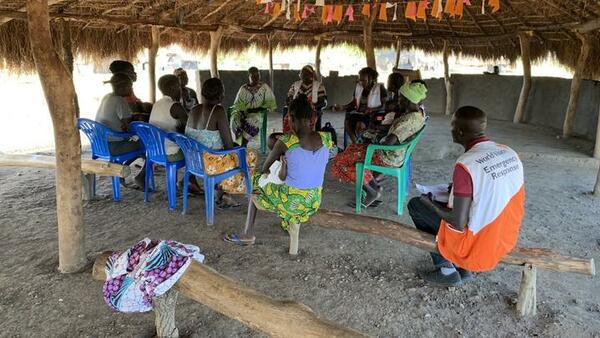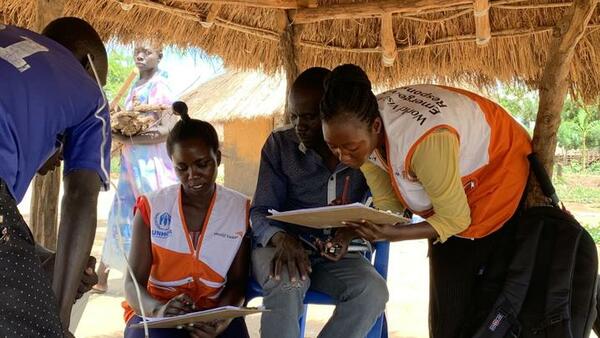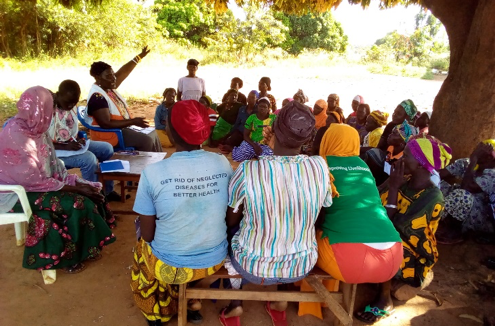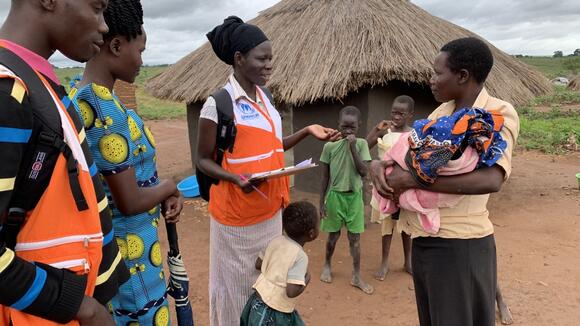
Assessing refugee health in long term settlements in Northern Uganda
Diffusion of Lot Quality Assurance Sampling from humanitarian settings in South Sudan.
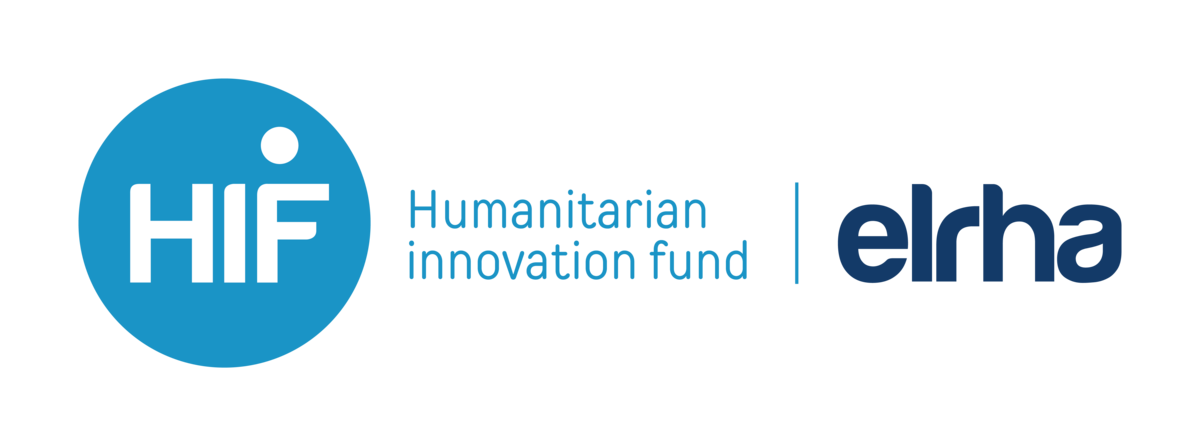
This project addressed the need for access to reliable information which is critical for both effective coordination among humanitarian partners, and the provision of quality health services in refugee settlements.
This study was conducted April-December 2019
Effective coordination among humanitarian partners and the provision of quality health services in refugee settlements depends on the availability and use of reliable information. Typical programme monitoring approaches cannot measure gaps in access or utilisation of health services within a refugee settlement.
Our work in northern Uganda addressed these shortcomings, providing accurate information on the coverage of primary health services in both refugee settlements and nearby host communities.
In northern Uganda, we focussed on the West Nile region. It is a continually growing humanitarian setting with nearly 1 million refugees from neighbouring South Sudan.
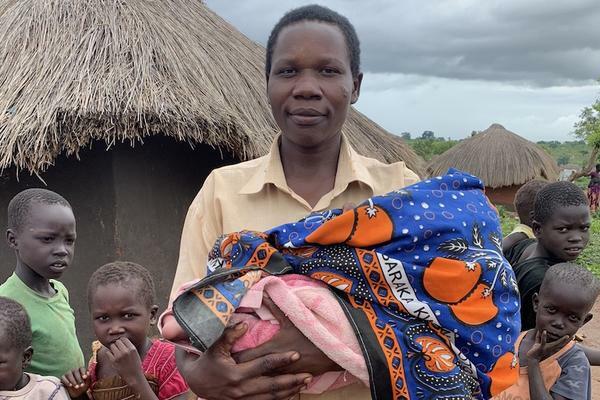
Key Findings
The West Nile Refugee Response Program displayed uneven success in the provision of services as reported in this two-district household survey:
- Antenatal care use was high yet TT2 and IPTp3 coverage during pregnancy very low.
- Postpartum care for the mother and infant was very low and well below regional averages.
- Prevalence of fever and diarrhoea were higher than regional averages, yet knowledge about ORT was very low as well as the use of treated bednets for malaria prevention in children under 5 years.
- Unmet need for family planning was high.
- Compared to host communities, refugee children had inadequate meal frequency, poor minimum dietary diversity, and lacked minimum acceptable diet
- High access to water sources and improved latrines in refugee communities, yet hygiene in both refugee and host communities was very poor.
A presentation of the key findings and policy implications can be found here
Recommendations
- Recurrent monitoring and evaluation (M&E) should be established to feedback progress to support the ongoing implementation of the West Nile Refugee Response Programme.
- Capacity building on information uptake and data use should be provided to implementing organizations in the West Nile sub-region to improve their coordination and management of health services so they may better respond to observed community needs.
Toolkit for rapid assessment of health coverage and barriers to health services in humanitarian settings

The following is a list of tools and documents used in this programme.
The METRe team at LSTM has also produced a video demonstrating the benefits of using LQAS surveys in planning, managing and improving health programmes in Africa.
This video was created to act as a companion to LQAS training, the videos offer a step by step guide to the system including a chapter reviewing what has been learned.
LQAS consolidated questionnaire, West Nile
Evaluation of Social Programmes for Refugees in Northern Uganda LQAS Survey Instrument
Including:
- LQAS household survey Questionnaire for mothers of children 0-11 months
- LQAS household survey. Questionnaire for mothers of children 12-23 months
- LQAS household survey. Questionnaire for mothers of children 0-59 months
- LQAS household survey. Questionnaire for household heads
The blog
The METRe team at LSTM:
Other team members
Robert Anguyo - LSTM based in South Sudan
Charles Nkolo - LSTM Uganda
Julia Petras - MSC Student at LSTM at the time of this project
Brice Daverton - MSC Student at LSTM at the time of this project

This project, Assessing refugee health in camps and settlements in Northern Uganda: diffusion of Lot Quality Assurance Sampling from humanitarian settings in South Sudan, is funded and supported by Elrha’s Humanitarian Innovation Fund (HIF), a grant-making facility which improves outcomes for people affected by humanitarian crises by identifying, nurturing and sharing more effective, innovative and scalable solutions.
Elrha’s HIF is funded by aid from the UK Department for International Development (DFID).
Elrha is a global charity that finds solutions to complex humanitarian problems through research and innovation. Visit www.elrha.org to find out more.
Contact Us
For further enquiries about this project or any tools developed by the team please contact:
The METRe Team
Department of International Public Health
Liverpool School of Tropical Medicine
Pembroke Place Liverpool
L3 5QA UK
